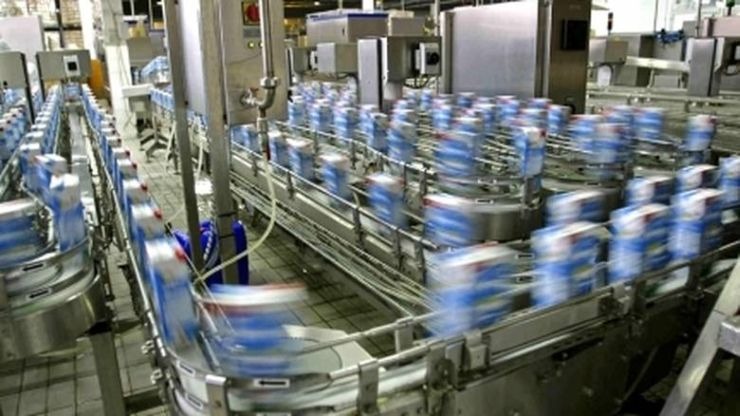In addition, the price of the index fell for the sixth consecutive month. The pace of growth slowed sharply to the weakest on record in a year as output, new orders and employment were further reduced.
According to S&P Global research, the reduced inflow of new orders in September contributed to the marginal improvement in operating conditions. The contraction was the first since January 2023, as manufacturers attributed the decline to weaker customer demand and a slower rise in new export orders due to adverse weather in key markets.
New export orders continued to rise but the increase was only marginal and the slowest since December. Greek goods producers, in turn, adjusted output volumes downward in September, as output fell for the first time in 20 months. Again, the rate of contraction was marginal, but the fastest on record since December 2022.
Although input prices continued to rise at a sharp pace, they rose at a weaker pace in September. In addition, the pace of cost growth slowed further from July's 20-month high. According to members surveyed, the price increases came from higher energy, transportation and raw material costs.
Meanwhile, selling prices rose for a 13th consecutive month as efforts to pass on higher costs to customers. Along with softer growth in operating expenses, the rate of growth in output charges slowed to the weakest on record in a year.
Greek manufacturers indicated a further drop in employment at the end of the third quarter. Although the job cuts were partly a result of reduced new orders, some companies reported difficulties in finding qualified staff to replace those who left voluntarily. The decline was the first recorded in about a year, but was broadly marginal.
Despite the reduction in the number of workers, goods producers managed to continue to reduce the volume of backlogs in September. The pace of decline accelerated from August due to a limited inflow of new orders.
Alongside the weak demand conditions, companies also adjusted downward their purchasing activity in September as input purchases recorded the first contraction since June 2023. Due to reduced material inflows, companies chose to reduce both supply inventories as well as inventories of finished goods, albeit at a weaker pace than in August. Nevertheless, in September Greek manufacturers expressed, in the context of the survey, a greater degree of optimism regarding the outlook for production in the coming year. The level of confidence rose to its highest level in three months. The companies were strengthened by the investment programs to develop new products and approach new customers.















